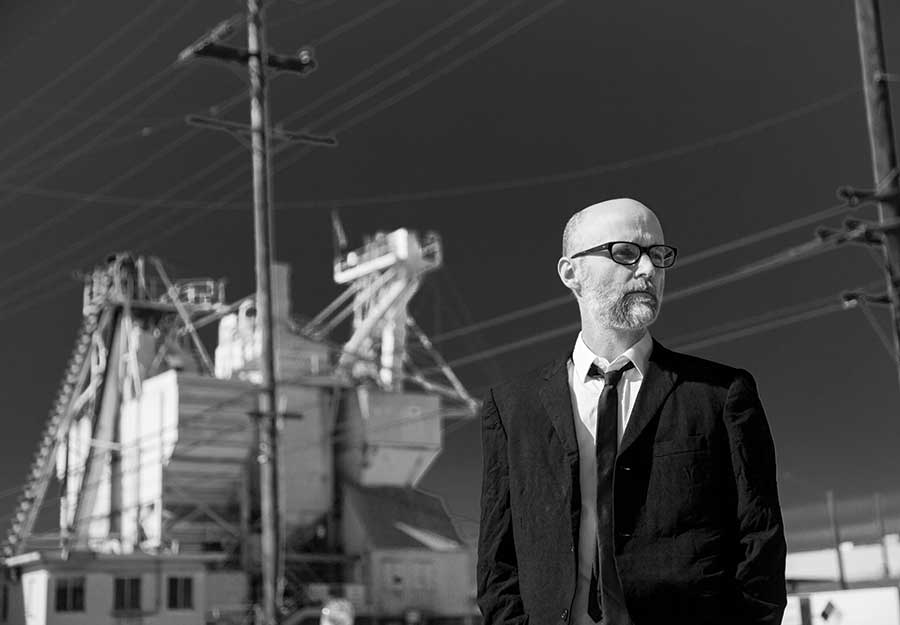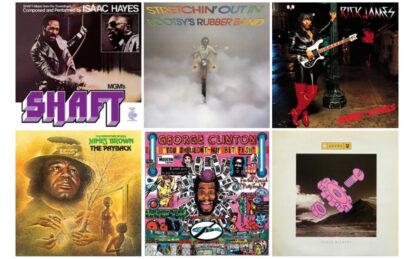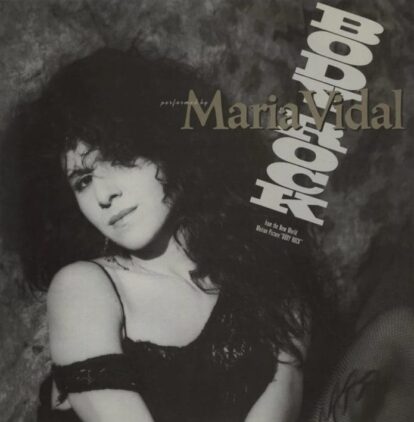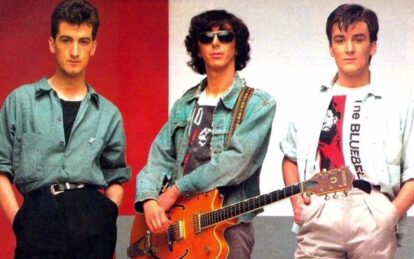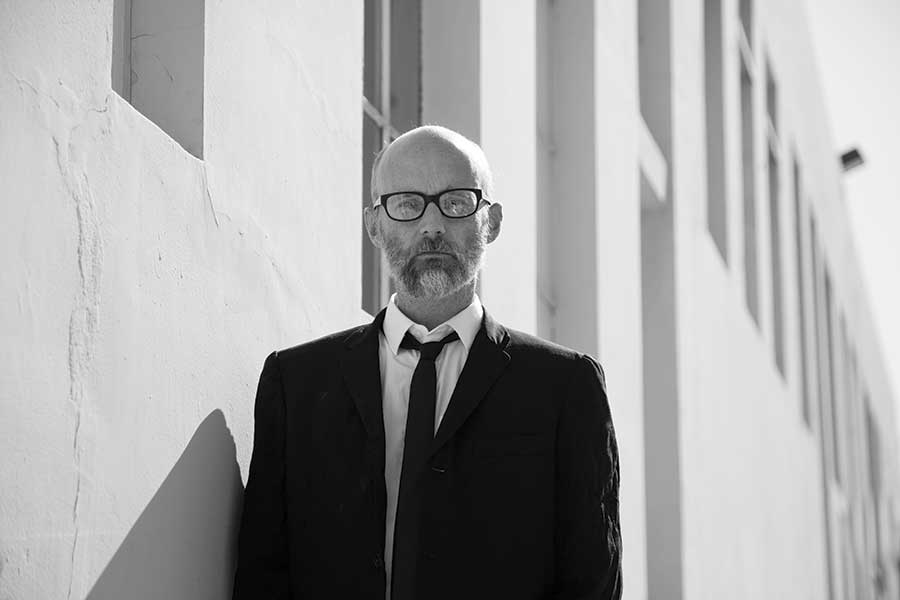
The latest album by Moby, Reprise, puts a classical spin on some of his biggest hits. We talked to the electronica icon about the lack of nuance in modern music, remaining inspired, and the genius of David Bowie… By Will ‘Ill Will’ Lavin
Moby has never been afraid to try new things. Whether it’s playing in punk bands, making music to combat insomnia, or producing some of the biggest dance hits of the past 25 years. As long as he’s creating, he’s always open to new ideas.
More recently, Moby has been feeling there’s a distinct lack of nuance and vulnerability in modern music. “Don’t get me wrong, a lot of it is fun,” he says. “But sonically so much of it is very monolithic.” With that in mind, the 55-year-old wants to bridge the gap between young and old by pairing the vastness of contemporary music with the refinement often found in the songs of yesteryear. On his new album Reprise, Moby reworks some of his greatest hits into orchestral compositions, tapping into the classical proficiency that has long been a part of his family tree.
What attracted you to the idea of doing an album like this?
I loved the thought of conceptualising something that focuses on the vulnerability, nuance, subtlety, and sometimes bombast that you can only largely get with acoustic orchestral elements. So when Deutsche Grammophon, the oldest, most venerated record label in the world, suggested it to me I was flattered and very much into the idea.
How much knowledge of classical music did you have before going in to it?
I grew up surrounded by classical music. My mother was a pianist. My great-grandmother actually taught classical composition to Arthur Fiedler, the legendary conductor. My uncle was a classical flautist. So even though I grew up playing in punk rock bands, classical music was sort of ingrained in me from an early age. Then a lot of the music I’ve made over the years has had very strong orchestral, classical elements. I guess it was such a part of my musical DNA that the idea to do an album like this had never really occurred to me.
There seems to be a growing trend of orchestral re-workings at the moment. Did you listen to anything else for reference?
My reference points were more consistent with me being a 55-year-old. I don’t think a single one of them was after 1973. I looked at things like the orchestration in Simon & Garfunkel’s The Boxer. There was Nights In White Satin by The Moody Blues, some of The Rolling Stones’ orchestration on Goats Head Soup and some Nick Drake. It was all simple but beautiful counterpoint and orchestration.
You’ve got a number of guests on the album, some replacing you as the main vocalist on certain songs. What was the thinking behind that?
When I was nine or 10, I really wanted to be a singer, but I learned pretty quickly that I’m not that great at it. I can sing some songs reasonably well, but I don’t have a terribly big voice. I don’t have a great range, my pitch is all over the place. So I learned that, if I want beautiful voices on my records, then I’d have to work with other singers. The only times I’ve ever sung on my own songs is when I’ve not been able to find someone else to do it.
The new album features a cover of David Bowie’s ’Heroes’ sung by Mindy Jones. What made you decide to do that song?
I think objectively ‘Heroes’ is one of the three or four greatest songs written in the 20th century. David and I had always talked about doing an acoustic version together, but obviously it never happened. So I wanted to do a version that just focused on the beauty and vulnerability of the song with an arrangement that was as unadorned as possible. I also wanted to change all the variables so that, in a way, people heard the song afresh. Like having it sung by a woman, having no drums, no bass. The original recording is flawless, but I wanted to do something that was so far away from it in order to draw attention to the best qualities of the song.
Read more: Making Moby’s Play
What was the most challenging track to Reprise?
I’d say Go was probably the weirdest one. Almost every track on the record is a song with verse, chorus and vocals. Go was based on a loop from Twin Peaks. Doing it was a little challenge I gave myself. Like, how can I take a minimalist electronic track and redo it with no electronic elements? I honestly didn’t think it was going to work, but somehow it did.
It almost feels a little like the Incredible Bongo Band’s Apache…
I actually watched a documentary that featured the recording of that record. It was so impressive. You forget sometimes that these funk and disco records, the musicianship involved was phenomenal. So when I brought in Alex Acuña, who’s one of the percussionists on Go, I was thinking about Apache. I was trying to tell him we just need to beat the shit out of the bongos and congas. It was funny, because he’s so used to playing with an orchestra and all of a sudden I was saying, “No, let’s pretend it’s 1972 and we’re in a basement on the Lower East Side of New York”, just beating the shit out of our percussion.
Reprise is your fourth album in the last three years. What is it that’s fuelling this constant creativity?
For quite a long time I thought of music as my job. It’s what I loved, but I also thought about it professionally. Is my music going to sell? Will it get played on radio? These were the type of things I was asking myself. But then I had a very self-evident realisation during a panel I was speaking on about revenue diversification in the digital age – just saying those words makes me feel sick. I sat there staring at the floor not saying anything and then the moderator finally realised I hadn’t spoken and he asked me my thoughts. I said, “I’ve bought a lot of things in my life, but nothing – no consumer item, no trip, no article of clothing, no car – has ever given me the same sense of joy and satisfaction as listening to ‘Heroes’ by David Bowie, which costs nothing.”
You could tell everyone in the room was uncomfortable, because I had turned the premise of the conference upside down by essentially saying that the accountants should focus on revenue and artists should just focus on art. That has been a sort of emancipation for me. To work on music for the love of music, there’s no greater joy or satisfaction. Sure, it’s nice if it gets released, and it’s really nice if it finds its way into someone’s life and gives them a sense of comfort or belonging. But selfishly working on music is its own reward.
Is it fair to say then that you’ll never stop making music?
There’s 24 hours in a day. What else would I do? I don’t date. I don’t go to parties. I don’t play video games. Seriously, what else would I do? The idea of retiring and giving up the thing I love the most is so asinine. I can’t even make sense of it.
Read more: Remember Manchester’s Hacienda
Classic Pop may earn commission from the links on this page, but we only feature products we think you will enjoy.

